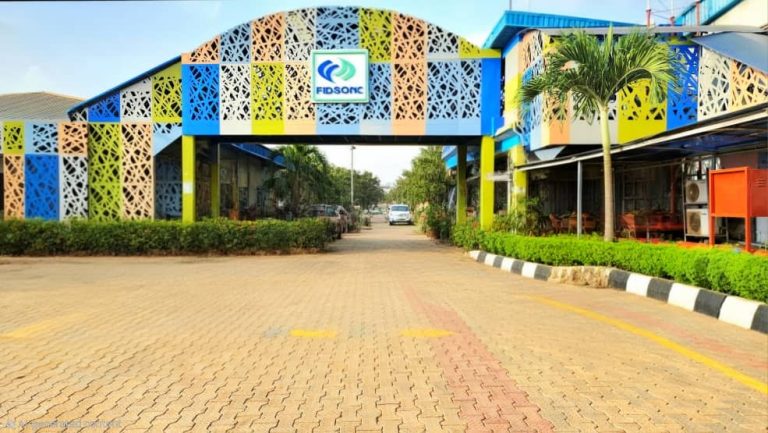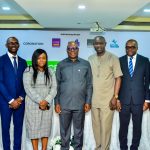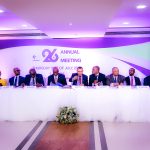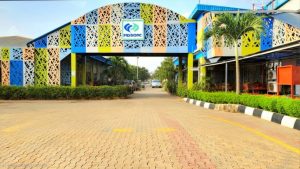Aisha stood still; her gaze fixed on her phone in her father’s shop. The headline jolted her: “Scientists Find Plastic in Human Blood.” As she delved into the article, her eyes widened, tiny microplastics! Those same particles clogging gutters and polluting Lagos’ waterways had made their way into human veins. She scanned her surroundings, obviously with plastic bottles, wrappers, and packaging. She couldn’t help but wonder, “Have I unknowingly ingested plastic too?”
A report by the World Bank Group revealed that 17 coastal West African countries generated 6.9 million tons of plastic waste in 2018, with Nigeria –Africa’s most populous country –, alone accounting for 4.7 million tons per year. The consequences are dire; blocked drainage systems, polluted waterways, and a growing threat to marine life.
Plastic pollution extends beyond being a mere eyesore, it poses a significant threat to Nigeria’s health, economy, and future. Microplastics have been detected in both human blood and marine life, raising alarm about long-term health implications. In the Niger Delta, plastic waste disrupts fishing communities, while Northern Nigeria faces worsening soil degradation that compromises agriculture. The stakes are high, yet Nigeria’s resilience remains strong. Across the nation, from grassroots initiatives to corporate leadership, efforts are underway to combat this issue.
Experts warn that if current trends persist, by 2050, the amount of plastic waste in the ocean could surpass that of all fish combined. This chilling forecast underscores the necessity for immediate action.
Nigeria is making strides toward curbing plastic pollution, though challenges remain. Recycling infrastructure is still developing, and the transition away from single-use plastics like water sachets is ongoing. While the implementation of the 2020 national policy has taken time, the government’s commitment to a nationwide ban on single-use plastics starting January 2025 is a promising step forward. With growing awareness and collaboration between businesses, policymakers, and citizens, the path to a plastic-free future is becoming clearer
Fidson Healthcare PLC, well-known for innovation in Nigeria’s pharmaceutical sector, is taking decisive action against plastic pollution. Already, our facilities practice waste separation and encourage recycling. In collaboration with local organizations, Fidson is contributing to waste collection drives to empower Nigerians to engage with their environment and is informing communities about the dangers of plastic pollution and encouraging responsible waste management practices.
How You Can Take Action
• Minimize single-use plastics—choose reusable bags, bottles, and containers instead.
• Participate in clean-up initiatives—volunteer for local waste management projects.
• Advocate for change—call for regulations on plastic production and waste management.
World Environment Day 2025 symbolizes more than just a celebration—it serves as a rallying call. Nigeria is at a crucial juncture, and with organizations like Fidson Healthcare PLC paving the way, a cleaner and healthier future is attainable.
Let’s commit to making every day a stride towards a plastic-free Nigeria.






